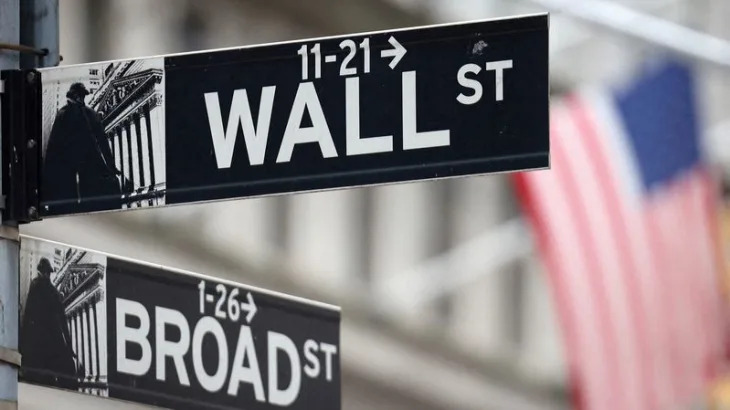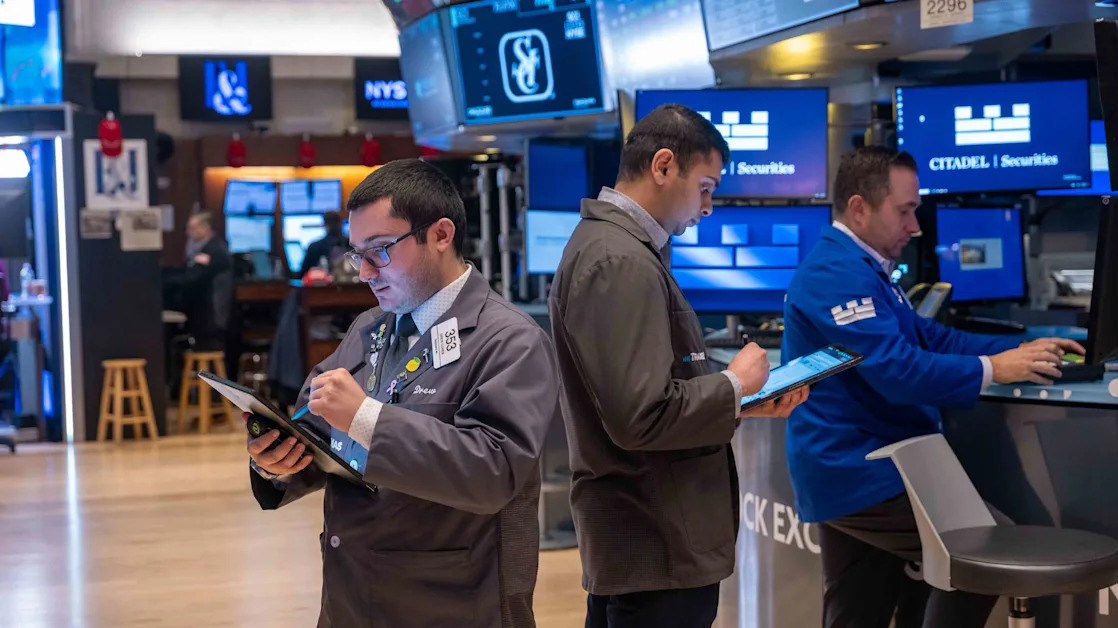Tigran Gambaryan, the Binance executive who has been detained in Nigeria since February, limped into an Abuja courtroom on Monday, dragging his left leg behind him, after prison authorities denied his request for a wheelchair.
In a video uploaded to X (formerly Twitter) on Monday afternoon, a distressed Gambaryan pleads with a prison guard escorting him into the courtroom for help walking.
"I'm not okay, this is f*cked up," Gambaryan said in the video, as he clutched the guard's wrist for support. When the guard stepped away, leaving Gambaryan with only a single crutch to lean on, Gambaryan turned to a small crowd of onlookers and said:
"He was told not to help me. He said there's instruction – this is f*cked up. Why couldn't I use a goddamn wheelchair? This is a show. I'm a f*cking innocent person. Why are you doing this to me?"
After several visibly painful steps, Gambaryan reached again for the guard's arm for support, but the guard snatched his arm away, telling Gambaryan: "Don't hold me, please. You can walk."
"I can't f*cking walk, my spine is – this is f*cked up. I'm a f*cking human," Gambaryan said in the video. "I'm not f*cking okay."
Gambaryan's lawyers filed a new application for bail on medical grounds on Monday, urging the judge to release him so he can receive medical care for conditions he has developed in prison, including malaria, pneumonia, tonsillitis, and complications from a herniated disc in his back – the latter of which has left him in severe pain and nearly unable to walk, according to a spokesperson for his family.
A prosecutor for the Economic and Financial Crimes Commission (EFCC) – the entity prosecuting Gambaryan for money laundering – reportedly opposed the bail application, arguing that Gambaryan was not, in fact, in ill health and claiming he was refusing treatment.
Gambaryan's previous bail application was denied in May.
Authorities of Kuje prison, where Gambaryan has been held since March, have previously refused to turn over Gambaryan's health records but, according to a family spokesperson, some of his records were given to the court during Monday's bail hearing. The medical records indicate a need for immediate surgery, the spokesperson said, but "key elements of the record including an MRI scan were missing."
In addition to being denied adequate medical care, Gambaryan has also been denied proper access to his lawyers and U.S. embassy staff, the spokesperson said.
"This situation is entirely unjust," Gambaryan's wife Yuki said in a statement. "The U.S. Government must do more to help Tigran. I urge them to use every available tool to free an innocent American who is at risk of permanent damage…This entire situation is inhumane and degrading, and I am fed up. There must be consequences for this disregard of law and human rights."
Read more: 'My Living Nightmare': Detained Binance Exec's Wife Begs For His Immediate Release
Scapegoat for Binance
Gambaryan, a former U.S. Internal Revenue Service (IRS) agent and Binance's head of financial crime compliance, was detained in Abuja seven months ago, shortly after voluntarily traveling to Nigeria's capital city at the government's invitation.
At first, Gambaryan and his colleague Nadeem Anjarwalla, Binance's regional manager for Africa and a dual Kenyan-British national, were placed under house arrest. But when Anjarwalla escaped under mysterious circumstances in March, Gambaryan was transferred to the notoriously dangerous Kuje prison and charged with tax evasion and money laundering – seemingly as a scapegoat for his employer, which Nigerian officials have accused, without evidence, of tanking the value of the national currency, the naira.
The tax evasion charges were later dropped, but Gambaryan's money laundering trial has been ongoing since June. He has pleaded not guilty to all charges.
So far, the U.S. government has failed to make any public statement about Gambaryan's situation. The State Department told CoinDesk it was "aware of reports" of his detention in March, but did not mention Gambaryan by name. A White House spokesperson referred CoinDesk to the State Department two months later, after multiple requests for comment.





